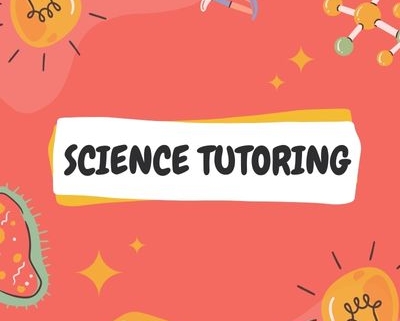Exploring the People Behind the Innovations That Shape Our World
Switching on a light, taking a photo, streaming a video, or even drinking clean water. How often do we think about the brilliant minds behind the innovations that power our daily lives?
This article celebrates some of the incredible inventors and scientists whose work forms the foundation of the world we live in.
Nikola Tesla: The Power Behind the Plug
When you turn on a light or charge your phone, you’re benefitting from the work of Nikola Tesla. A visionary inventor and electrical engineer, Tesla developed the alternating current (AC) system, which made it possible to transmit electricity over long distances.
But Tesla wasn’t just about wires and circuits. He imagined wireless energy, remote controls, and even early versions of the internet long before they became reality.
Rosalind Franklin: The Architect of DNA
We now understand so much about genes and genetics, but it all started with a woman named Rosalind Franklin. A brilliant chemist and X-ray crystallographer, Franklin captured the famous Photo 51, which revealed the double-helix structure of DNA.
While others were credited with the discovery at the time, Franklin’s meticulous research was key to one of the most important scientific findings in history.
Marie Curie: The Pioneer of Radioactivity
Marie Curie was the first woman to win a Nobel Prize, and the only person to win Nobel Prizes in two different sciences (Physics and Chemistry). Her work on radioactivity opened new doors in medicine, energy, and nuclear physics.
Curie’s legacy is about discovery and dedication. She worked under extremely difficult conditions, broke gender barriers, and believed deeply in the power of education.
George Washington Carver: Science That Grows
Best known for his work with peanuts, George Washington Carver revolutionized agriculture in the American South. He promoted sustainable farming practices, developed hundreds of plant-based products, and advocated for education as the key to a better life.
Carver’s belief that knowledge should serve the greater good makes him a true educational role model.
Why These Stories Matter
Behind every invention is a person who asked a question, followed a hunch, or refused to give up. Learning about inventors helps students see that science is alive, human, and full of possibility. It also helps us see that science is more than facts or theories in a textbook.
Need A Science Tutor?
Our expert science tutors are here to help you, whether you need help in chemistry, biology, or physics. Call us at (626) 227-1149 or submit a contact form to book a tutoring session today!


























